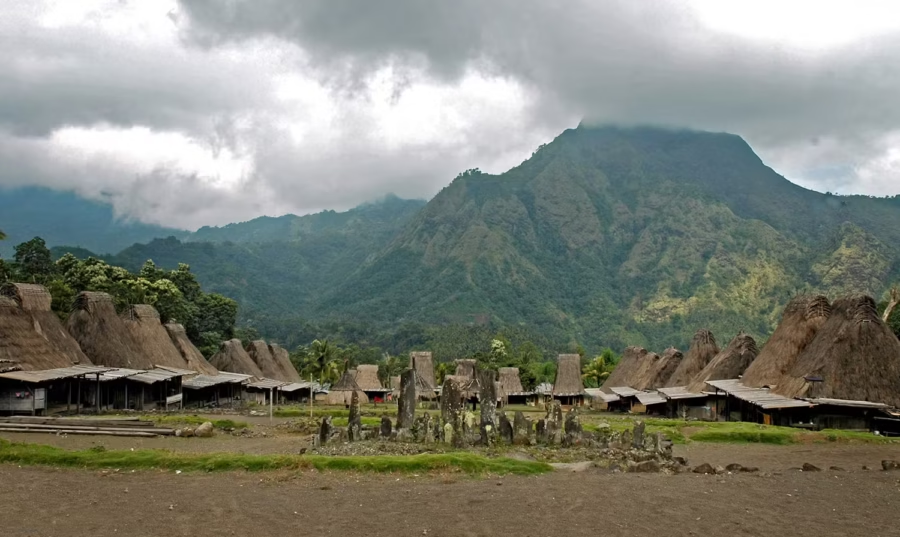Why African Countries Should Adopt a Visa-On-Arrival Policy

In today’s globalised world, international travel is becoming increasingly common, as people travel for business, tourism, and other reasons. However, for citizens of many African countries, international travel can be daunting, with the need to obtain visas often being a significant barrier. A Businessday report states that intra-African travels had not performed well until recently, when some concerned African countries, corporations and tourism thought-leaders started concerted efforts at growing tourism on the continent, starting from within. This led to conversations around visa-on-arrival.
Picture this: you’re a young adventurer looking to explore the wonders of Africa. You’ve researched and found some incredible tourist attractions you can’t wait to see. But then you discover that obtaining a visa to enter some countries can be a significant hurdle. What a bummer, right? For example, Libya is considered the most challenging country to enter in Africa. To visit Libya, all tourists must apply for a tourist visa through an accredited tour operator. You will be asked to send a copy of your passport, travel dates, flight details, personal contact information, etc. The tour operator will then file all your paperwork with the Libya Immigration Department, issuing a permission letter (usually in Arabic) that you must bring on your trip. This letter is your official authorisation for a visa to enter Libya.
However, over the years, some improvements have been made. The 2022 Africa Visa Openness Index (AVOI) report, released last December in Mauritius, revealed sustained improvements in visa policies across Africa, particularly progress in freedom of travel policies by many countries last year. Countries like Ghana, Seychelles, and Rwanda are some countries within Africa with a visa-on-arrival policy. Three countries- Benin, The Gambia and the Seychelles, offer visa-free entry to Africans from all other countries. In 2016 and 2017, only one country did so. Twenty-four African countries offer an eVisa, five more than five years ago. But why is it important for more African countries to adopt this policy? What are the advantages and shortcomings of this policy? In this essay, I will explore why more African countries should adopt a visa-on-arrival policy.
Promotes Tourism and Economic Development
A visa-on-arrival policy can promote tourism and economic development. Many African countries rely on tourism as a significant source of revenue, and a visa-on-arrival policy can help attract more tourists. Tourism can be beneficial, especially for countries with unique tourist attractions but may have a low international profile. By making it easier for tourists to enter the country, these countries can increase their revenue and create new jobs. For example, a 2013 report by the African Development Bank noted that Rwanda allowed visas on arrival for all African citizens. This policy led to a 24 per cent rise in tourism from other African countries.
Moreover, a visa-on-arrival policy can also encourage international investors to come and explore investment opportunities in the country. By streamlining the visa application process, investors will be more likely to consider investing in the country as it signals that it is open for business. Rwanda also benefitted from this in 2013, with a 50 per cent increase in trade with neighbouring African countries.

Regional Integration
The benefits of a visa-on-arrival policy extend beyond tourism. It can also promote regional integration and cooperation. One of the main reasons behind establishing the African Union was to promote closer collaboration and integration among African countries. However, the visa requirements imposed by many countries make it difficult for people to move freely within the continent. However, at the regional level, regional blocs like the Economic Community of West African States (ECOWAS) and the East African Community (EAC) promote the free movement of goods and visa-free travel along its member states. A visa-on-arrival policy can help promote regional integration by making it easier for people to move across borders, allowing them to explore the region’s diversity and opportunities. Regional integration can lead to increased trade, investment, and tourism cooperation, contributing to the continent’s economic growth and development.
Improves Diplomatic Relations
Furthermore, a visa-on-arrival policy can improve diplomatic relations with other countries. By adopting a visa-on-arrival policy, African countries can send a positive signal to other countries that they are open to foreign visitors. In 2019, Ghana launched a visa-on-arrival program for all African nationals as part of its “Year of Return” campaign, encouraging people of African descent to visit the country and connect with their roots.
This policy helped to improve diplomatic relations with other African countries by making it easier for African visitors to travel to Ghana and promote cultural exchange and economic opportunities. In addition to boosting tourism, Ghana’s visa-on-arrival policy has helped increase its influence in the international community and promote its image as a welcoming and progressive African nation. The international community is more likely to view countries positively when they show more welcoming attitudes towards foreigners. It also improves the country’s image and increases its influence in the international community.

Security Concerns
Although a visa-on-arrival policy has its advantages, some argue that it could also have negative consequences, particularly related to security concerns. Critics of the policy say it could lead to an influx of illegal immigrants, as it would be easier for them to enter African countries. ECOWAS countries are the most accessible in Africa, and the free movement of people has led to different terrorist groups infiltrating the region over the past decade. However, such concerns can be mitigated by implementing appropriate security measures at airports and improving the border crossings between African countries. It is important to note that implementing a visa-on-arrival policy does not mean that countries should abandon their border control systems altogether. Instead, the visa application process would be made more straightforward and efficient.
In conclusion, a visa-on-arrival policy has the potential to bring numerous benefits to African countries. It can promote tourism, regional integration, economic development, improve diplomatic relations and promote a more open and inclusive society. While implementing such a policy may require significant effort and resources, the potential benefits are worth it. We urge African leaders and policymakers to consider adopting a visa-on-arrival policy. This policy can promote their countries’ development and integration into the global community. Adopting this policy can create a brighter future for all of Africa. It can also pave the way for a more connected and prosperous continent.












Wow, that’s what I was looking for, what a stuff!
present here at this weblog, thanks admin of this site.